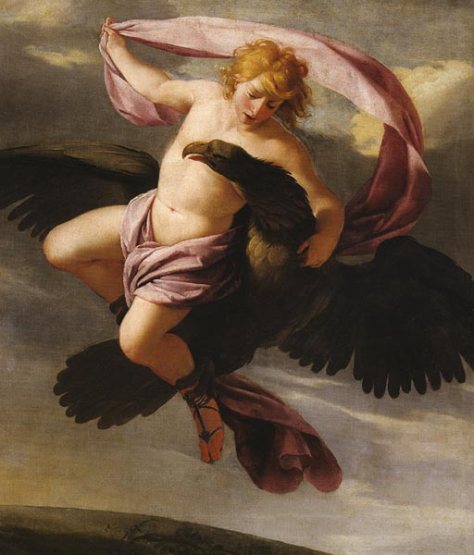According to Tran 2015, in Australia, there are 5 main obstacles that LGBT community has to face:
- Gay asylum seekers at risk: A number of gay asylum seekers in Australia has experienced violence or harassment for simply outing themselves.
- Discrimination in education: Bullying in schools is an enormous concern with many students reporting being homophobic and trans-phobic abused.
- Domestic violence victims: The Anti-Violence Project (AVP) said that domestic violence affects 1 in 3 LGBTI people, a similar rate to non-LGBTI women.
- Higher rates of suicide: A Growing Up Queer report highlighted that 33% of people subjected to bullying because of their sexual orientation or gender identity had self-harmed.
- Inequality in Family Law: According to the Australian Bureau of Statistics in 2013, children being raised by same-sex parents are being denied legal recognition. As a consequence, children with lesbian or gay parents comprise 0.1 per cent of dependent children in Australia.
Moreover, according to a 2015 Australian Human Rights Commission report, more than 70% of LGBT people said they had experienced violence, harassment or bullying based on their sexual orientation, gender or intersex status. (Tran 2015).
LGBT community in Vietnam also have many problems that prevent them from being themselves. According to U.S Embassy&Consulate in Vietnam, although LGBT community in Vietnam has grown stronger over the years, LGBT people still have to face many challenges and discrimination in many areas such as family, education, workplace, society, etc. Many surveys among LGBT people in Vietnam report the high rates of physical violence, sexual harassment and verbal abuse. They have to experience violence, drop out of school and suicidal thoughts. Moreover, because of some old-fashioned and outdated customs and moral lessons in Vietnam, LGBT community is still not accepted by many people. Furthermore, same-sex marriage is still illegal in Vietnam. These things somehow put a pressure on LGBT community and prevent them from coming out.
Additionally, the worst thing that LGBT community in both Australia and Vietnam has to face is the discrimination from their own family. As we all know, family is one of the most important factors that affect one’s life. However, some people do not have a family that understand and support them to be themselves when they come out. As a result, the discrimination will lead to other obstacles and challenges. In my opinion, family is not only the first obstacle LGBT people have to face but also the reason why other problems occur.
Reference list:
Sen (2018). The loneliness of Vietnam’s LGBT community. [online] VnExpress International. Available at: https://e.vnexpress.net/news/news/the-loneliness-of-vietnam-s-lgbt-community-3799270.html [Accessed 5 Nov. 2018].
Tran, C. (2015). Five LGBTI issues you may not know about. [online] ABC News. Available at: https://www.abc.net.au/news/2015-07-03/lgbti-challenges-in-2015/6586454 [Accessed 5 Nov. 2018].
U.S. Embassy & Consulate in Vietnam. (2014). New Report Highlights Issues Faced by LGBT Persons in Vietnam. [online] Available at: https://vn.usembassy.gov/new-report-highlights-issues-faced-by-lgbt-persons-in-vietnam/ [Accessed 5 Nov. 2018].


